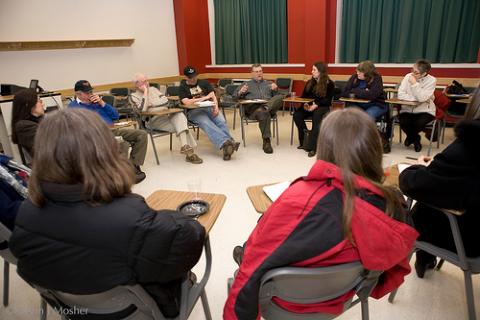Epidemic preparedness and response: Europe listens to the citizens’ voice

One day, eight countries, fifty participants for each of them, open discussions and a series of questions. These are the ingredients of the citizen consultations organized by ASSET on September 24th, to voice people’s opinion on epidemic preparedness and response.
Something similar to what happened in France, where the results of public consultations on vaccines, involving healthcare professionals and the general public, will be presented in October. France seems to have a problem with vaccination, as highlighted by a recent study that showed a concerning level of distrust towards vaccines safety among French citizen (more than four out of ten, a negative record compared to a global average of 13 percent). Try to engage citizens, and listen to their worries and proposals may represent a positive step towards the reduction of such a distrust.
And this is exactly the aim of ASSET consultations.
The event will involve women and men from each country, representative of the whole national population, according to a method developed and tested by the Danish Board of Technology Foundation (DBT). They will gather at the same time to discuss and deliberate with the same procedure about a series of very important themes related to epidemics, from personal freedom and public health safety to communication between citizens and public health authorities, from transparency in public health to access to knowledge.
In case of infectious outbreaks, a conflict between public health safety and personal freedom can be inevitable. Moreover, public trust and effective response to infectious threats may be impaired by top-down and reticent communication from public health authorities. It is thus important to understand citizens’ attitudes toward each issue of concern, what kind of information they would like to receive, through which channels, and also if they feel they should provide information as well.
ASSET consultation will explore the source of information used by citizens and their willingness to receive unproved pieces of information. Also, it will encourage participants to discuss about conflict of interest between industry and authorities, as well as the occasional need of silence for security purposes.
At the end of the event, participants will be asked to answer a series of questions. Their responses will be then collected into a database, analysed and showed at this page. They will be finally discussed with a delegation of the European Parliament in spring 2017. By doing this, citizens participating will be able to provide policy makers with what they think are the most important recommendation.
